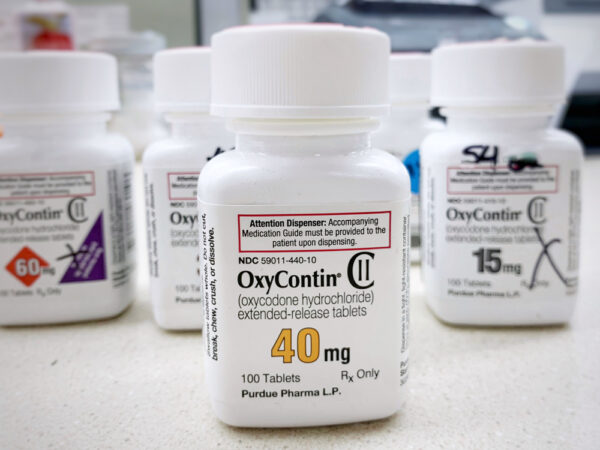While most truck drivers are safe, hardworking professionals, many people who drive next to large commercial trucks on America’s interstates would be surprised to learn that some bad truck drivers lie on their logs.
Logs may be manipulated or even falsified for any number of reasons, including pressure by trucking companies to keep drivers and freight moving. For the vast majority of truck drivers, it is the trucker — not the trucking company — who bears the risk of traffic delays, road construction and maintenance problems. Truck drivers are often paid by the mile and not by the hour, so if there is a problem and the truck is sidelined, the truck driver loses out on that pay. Larger trucking companies are more likely to have meaningful controls for log book entries. Some smaller trucking companies express the perception that they must disregard the requirements of Hours of Service regulations part 395 to be competitive.
One Missouri man explained in order to make a decent living, he has to drive far more than the law allows, and routinely manipulates his logs in order to facilitate this. The carrier doesn’t force him to do it, but applauds him for getting the load delivered and getting another load, when they know, or should know, he is operating illegally.
The carrier may have made a business decision to do this and risk being fined by the Federal Motor Carrier Safety Administration (FMCSA) or worse, but it is more likely the carrier has taken the path of least resistance.
Many carriers say they schedule drivers to operate legally and the driver does not start the trip when he is told; instead spending extra time at home, leaving late, driving straight through, and falsifying logs to make it appear as if they left when they were told to.
On the return trip, the same thing happens, with drivers skipping their last rest stop in favor of getting home.
Some point to the USDOT. The explanation is often the rules are unrealistic or unenforceable, or the FMCSA does not enforce it evenly so, ‘we have to cheat because our competitor cheats.’ Many still feel the HOS regulations are too restrictive.
Recent comments by the National Transportation Safety Board seem to reflect that agency has stopped talking about HOS and seem to be focusing on driver fatigue. But trucking fatigue and log book requirements can be directly related. No one can deny that tired drivers deprive others of family members. Tragically, it happens too often.
In Indiana, State Trooper Sgt. Aaron Cook says drivers sometimes doctor their books to make it look like they’ve had sufficient rest to comply with federal regulations. The US Department of Transportation recently published a comprehensive 7-year study on driver fatigue and semi truck accidents. The National Transportation Safety Board says fatigue is the cause of 30 to 40 percent of all trucking accidents. Truckers, meanwhile, say they are under the gun to push the limits.
"The company wants the product at a certain location, the driver gets paid to get the product to that location, and then there’s the government that says there’s a safe way to do this." — Sgt. Aaron Cook, Indiana State Police
An article in the Kansas City Business Journal reported that small trucking companies oppose Electric On-Board Recorders (EOBRs) that track the number of hours per day that a truck is moving. I was troubled by the trucking company’s attitude that reducing hours of service violations and truck driver fatigue is not an important safety improvement worthy of a trucking company investment.
[Check out Truckie D for a truck driver’s perspective on truck driving safety]
[More on Semi Truck Safety]
(c) Copyright 2011 Brett A. Emison

Brett Emison is currently a partner at Langdon & Emison, a firm dedicated to helping injured victims across the country from their primary office near Kansas City. Mainly focusing on catastrophic injury and death cases as well as complex mass tort and dangerous drug cases, Mr. Emison often deals with automotive defects, automobile crashes, railroad crossing accidents (train accidents), trucking accidents, dangerous and defective drugs, defective medical devices.














Comments for this article are closed.